The Eras Tour
My High Fidelity
I Like Movies Now
Here’s a fun thing. American Cinematheque here in LA is running a festival in which they team up with podcasts to present movies chosen and introduced by podcast hosts. Theoretically, those movies are thematically relevant to the podcasts, so you’ve got the Bechdel Cast presenting Thelma and Louise, Inglorious Treksperts presenting Galaxy Quest, and more. And, on August 29th at 10pm, Dead Pilots Society presents Soapdish at the Los Feliz 3 cinema!
My DPS partner Andrew Reich and I will be on hand to intro the movie, which we chose because, like Dead Pilots Society, it illustrates exactly how difficult it is to make television. I haven’t seen Soapdish since it was initially released in 1991. In fact, the last time I tried to watch it, maybe five years ago, I couldn’t get into it.
But I like movies now, as you’ll read below, so I’m excited to watch it with a crowd! Join us, won’t you?
Write Away
As I mentioned in this week’s podcast intro, I’m teaching an invite-only class with Script Anatomy. It’s a “TV Rewrite Lab” in which you’ll rewrite your existing pilot several times based on not-boring lectures from me as well as actually-helpful notes from me and your classmates. It culminates in a table read of your script by professional actors! This class is held via Zoom, so that anyone anywhere can take it, on Thursday evenings 6:30-9:30pm PT, starting Sept 7.
I have only two spots left in the class. If you’d like to join, you can reply to this missive or email me at NerdistWriters@gmail.com with the script you’ll work on in class. Half hour or hour, either is good!
I’m also teaching an introductory “Televisionary” class (over Zoom) starting September 10 and running for five glorious sessions. The class covers the basics of pilot writing, half-hour or hour-long. This is a genuinely great class to get you started on your new pilot idea! You can learn more and sign up here.
A Bigger Boat
When I got interested in writing for the screen, it was because I loved movies. My earliest memory of visual entertainment—besides Sesame Street—is watching WLVI in Boston’s “Creature Double Feature” with my dad on Sunday afternoons: usually a giant monster pic paired with another giant monster pic but sometimes a classic Universal or Hammer horror movie.
Long story short: it’s only in the past year or so that I’ve remembered why I got interested in telling screen stories in the first place. I’ve re-embraced movies. This rediscovery is in large part due to my wife (who is not in entertainment) deciding, during lockdown, that she was interested in movies, and the two of us together watching the brilliant (and soothing) British documentary from 2011, The Story of Film.
By taking a global view, The Story of Film makes connections among artistic movements in the medium in a way that my film history classes in college never did. We followed my wife’s interests and jumped around the cinematic timeline. Learning about early editing techniques led us to the French New Wave which led to Scorsese and Goodfellas. I’d seen a bunch of these movies when I was in my teens and early twenties, but watching them now was a different experience.
In December of last year, we watched The Fablemans. Now, look, I’m a Jewish male in my mid-forties. Steven Spielberg is, of course, the architect of my childhood and the inspiration for my career.
At Syracuse University, I took a terrific “New American Cinema” class—which focused in part on Spielberg—with Lester Friedman, whose early 2000s book Citizen Spielberg argues that Spielberg’s films “present a sustained artistic vision.”
I’ve always been interested in the idea that an artist’s body of work, taken together, can tell us something about that artist and their interests and obsessions. The Fabelmans felt like the culmination of Spielberg’s interests as a filmmaker. I was curious to dig deeper into that by revisiting his creative output.
So, in January, I started my #Spielberg2023 journey. I would watch, in chronologicial order, every film Spielberg directed, as well as the films he executive produced.
I just reached 1990, which feels like the end of “early Spielberg.” I’m tracking it all on Letterboxd, if you’re interested in following.
The Schpiel-berg
Look, I’m glad to go deep on this stuff with anyone who wants to have me on their podcast or gets stuck walking next to me on the picket line and asks what I’ve been up to. A few ideas that I will go on about at length:
How Spielberg’s early films—basically, those top two rows—were a pure distillation of his personality and obsessions and the “best” work he did before embracing them again between 1993-2005 (and, what I hope is him doing it yet again, starting with West Wide Story in 2021).
How throughout the ‘80s, Spielbs as director seemed to be chasing something that wasn’t his core self—what he thought of as some kind of “legitimacy?” Making “grown up” films?—all while producing movies—Gremlins, Back the the Future, Innerspace—that it really seemed like he wanted to direct himself.
And how making The Last Crusade and Always, and producing Joe Versus the Volcano (a movie he never could have directed), seemed to remind Spielberg to just be Spielberg. For the next 15 years, his longest sustained stretch of successful creativity, he accomplished both refinement of his distilled early work (Jurassic Park; Minority Report; War of the Worlds) and, on his own terms, the so-called “legitimacy” he wanted (Schindler’s List; Saving Private Ryan).
I’ll Be Right Here
When I told my wife that I wanted to write something in the newsletter about my Spielberg journey, and listed off the boring discussion points I mentioned above, she suggested I turn the lens back on myself and talk about the High Fidelity obsessiveness that leads me to revisit these things I loved, in order, every few years.
She had a point. During lockdown, I listned to all of Elvis Costello’s albums, in order. This came after attempting to listen to every album in my music library alphabetically (an endeavor whose steam dissipated around Belafonte Sings of the Caribbean). After seeing Avengers: Endgame, I spent the next year or so watching the decade of Marvel movies that preceded it1.
And I know I’m not unique in this exercise. I am, after all, a male of a certain age. What choice do I have but to catalogue and review?
A big part of why we do it is that hit of nostalgia. Listening to Brutal Youth from beginning to end placed me immediately in my freshman year dorm room, smoking cigarettes in that claustrophobic white space, talking to my new college friends about my old high school friends.
Just as watching Raiders of the Lost Ark transported me to the wayback of my parents’ station wagon, at five years old, at a drive-in theater in a humid summer in Boston. It was a double-feature, my two-year-old sister and I were meant to be sleeping through it all, but I was woken up by the “well of snakes” and stayed well awake until the melting faces.
I kind of hate that High Fidelity is the defining fiction of my generation, but Nick Hornby is so right about our relationship with popular culture. We came of age in a world of disposability, but these songs, movies, TV episodes, commercial jingles… they’re our madeleines, the tasty cakes that involuntarily unlock our memories.
As creators, what we get from revisiting these works detatched of their original context but in the scope of the artist’s larger output is a better understanding of that artist. Whether it’s Spielberg’s insistence on the dignity of his child protagonists or his attempts to synthesize the tropes of his own childhood movie obsessions (perfectly executed in, say, Raiders and Private Ryan; less so in 1941), the construction of each individual work becomes clearer when taken as a part of a whole.
Learning what makes these works—and these artists—click helps me in the way I create. I can see careers broken into eras and each of those eras has its own arc of discovery and mastery. I’m seeing the architecture of each piece and how it adds up to the whole. I’m close to touching the veil of why something does or does not resonate.
It helps to look at the breadth of these careers when considering my own. I feel like my career has barely begun, though I’ve written and produced hundreds of hours of content, thousands of pages of story.
Revisiting these movies, just getting excited about movies again, is helping me to become a better writer, producer, and (hopefully) director. Next week I’ll write about some of the non-Spielberg stuff that’s excited and inspired me lately, but just know that, while I watch, while I decipher and relearn the language of movies, I’m also obsessively cataloguing and reviewing all of them.
This is who we are, who I am. What choice do I have?
Outside of the Spielberg watch, I’m approaching my movie viewing like I’m browsing the aisles at the video store, picking out whatever looks interesting. So please tell me what’s great! What are you favorite, funniest comedy movies? Your underappreciated horror gems? Your non-English language film recs (a particular blind spot for me)?
Seriously, recommend anything and everything that gets you excited about the medium:
Release order is the only way to do this, by the way, and I won’t hear otherwise. Release order reveals the echoes and clearly shows MCU’s architecture of set-ups and pay-offs, as well as the really interesting aborted attempts at same.




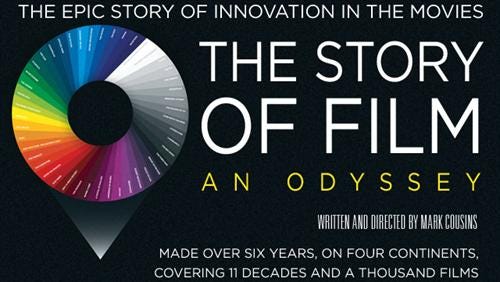

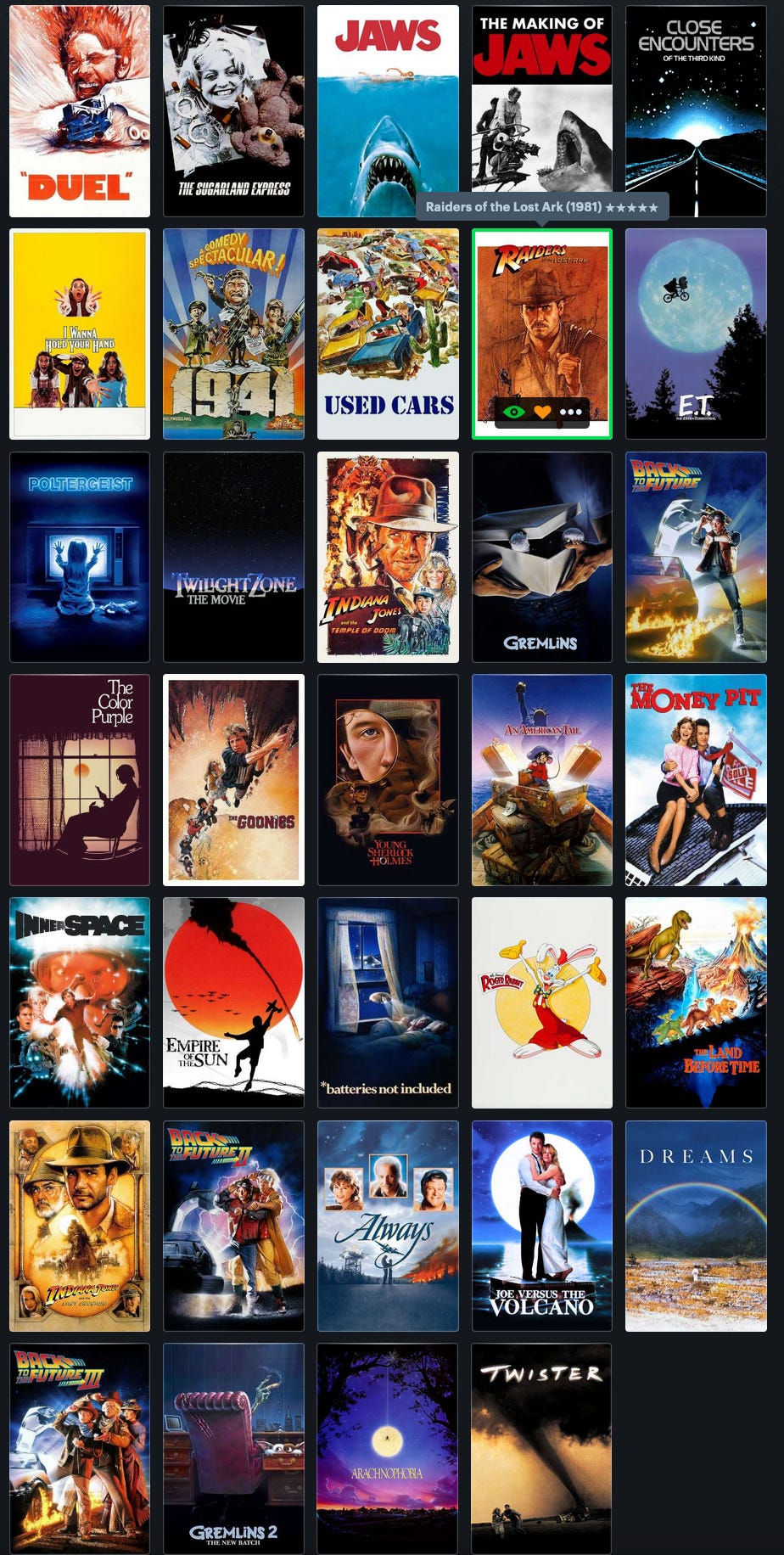
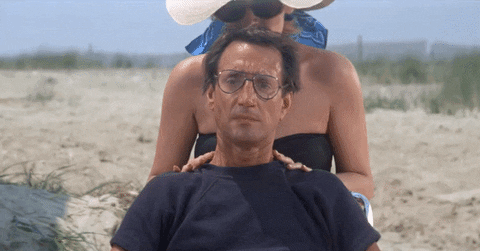
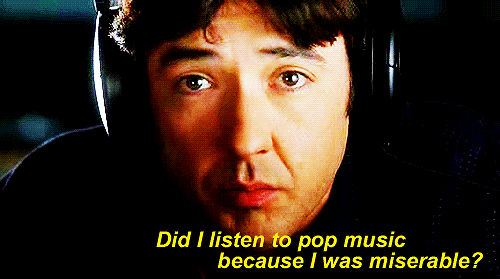
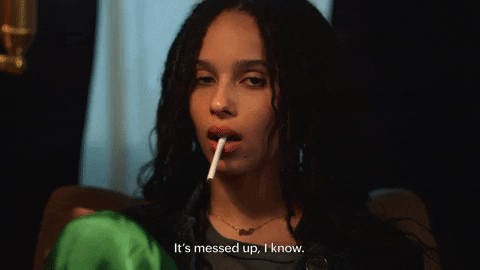



The color grading in Duel is awesome.
Chopsticks on Netflix is my rec. My sister and I have a tradition where every Christmas Eve we try to watch as many terrible movies as possible until we can't keep our eyes open (terribleness determined by log line ONLY) Every once in a while we find a gem like Chopsticks. Maybe it was because I was in a fugue state when we watched it (so please bear that in mind if you do end up watching it) but I genuinely enjoyed the arc the main character goes on and at no point could I have predicted what was going to happen next.